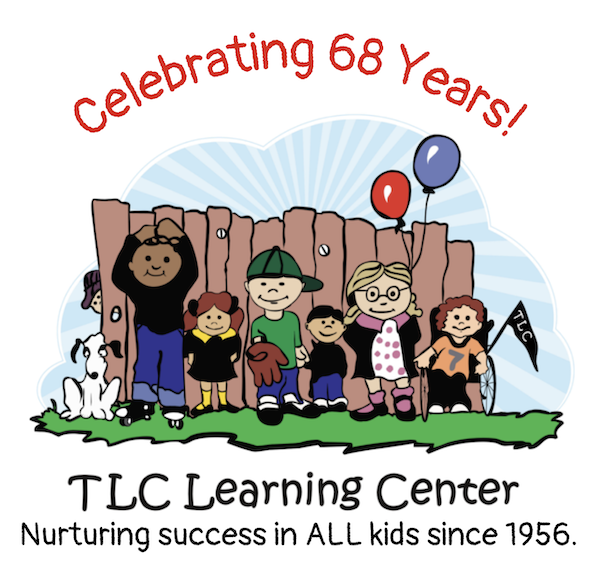
Frequently Asked Questions
Do all children enrolled in TLC’s early learning program receive therapies?
No. Only children with a diagnosed therapeutic need receive services. If a teacher, caregiver, or therapist in the classroom suspects that the child would benefit from additional supports, the team will recommend an observation by the classroom therapist. If after observation, there are still concerns, the team (caregivers, teachers, therapists) may meet to discuss next steps, including a formal observation.
Are all pediatric therapy services covered?
TLC accepts almost every major form of insurance, including Medicaid. If insurance won’t cover a child’s therapy or if the family does not have insurance, TLC accepts self-pay and has scholarship funding on a first-come and need-based availability. Scholarship funding comes from grants and donors.
If my child is not enrolled in a TLC classroom are they still able to receive therapy services?
TLC provides therapies to children in the community from birth up to age 12. We accept referrals from doctors and caregivers and can help get you started with the intake process.
How long will my child need therapy?
This depends on the child, their diagnosis, and the goals for therapy decided by the caregivers, the therapist(s), and the child’s doctor if they’re involved in the treatment plan. Some children may have a goal that can be met in six months to a few years and then will be discharged from therapy, whereas other children may have chronic conditions that will require ongoing therapy. Upon graduation from TLC at 12 years old, children with chronic conditions will be referred to new providers.
What’s the benefit of therapists on campus if my child is typically developing?
The number one benefit is that all TLC therapists are highly-trained in working with young children, are trained in the Pyramid Plus approach to social-emotional development just like TLC teachers, and most have years of experience working in classrooms. A therapist may be working with a child on motor-skill development when your child comes over to play, too. While the therapist is working specifically with the therapy child, they will still engage your child, facilitate play between the children, and provide additional nurturing and supervision during classroom activities. When on campus, you might not be able to tell who is a teacher and who is a therapist. You’ll see therapists helping children pedal tricycles around the playground, learn to hold a pencil, eat their lunch, interact with peers, and much more.
